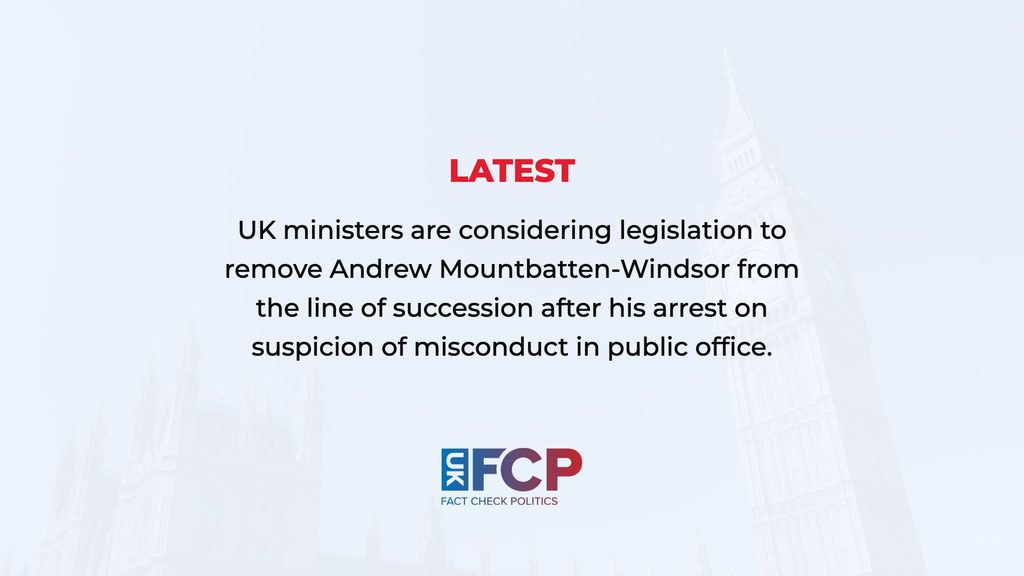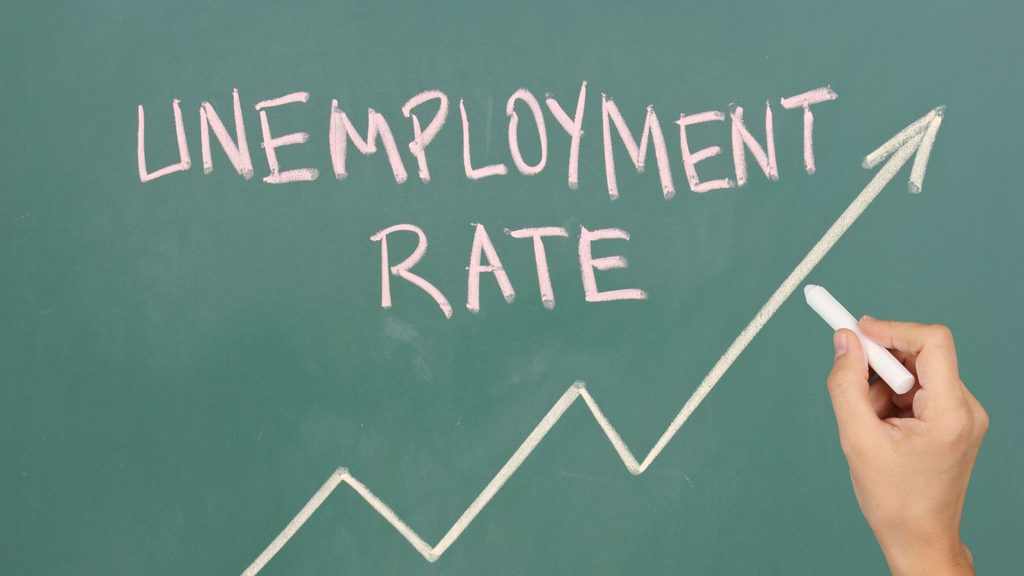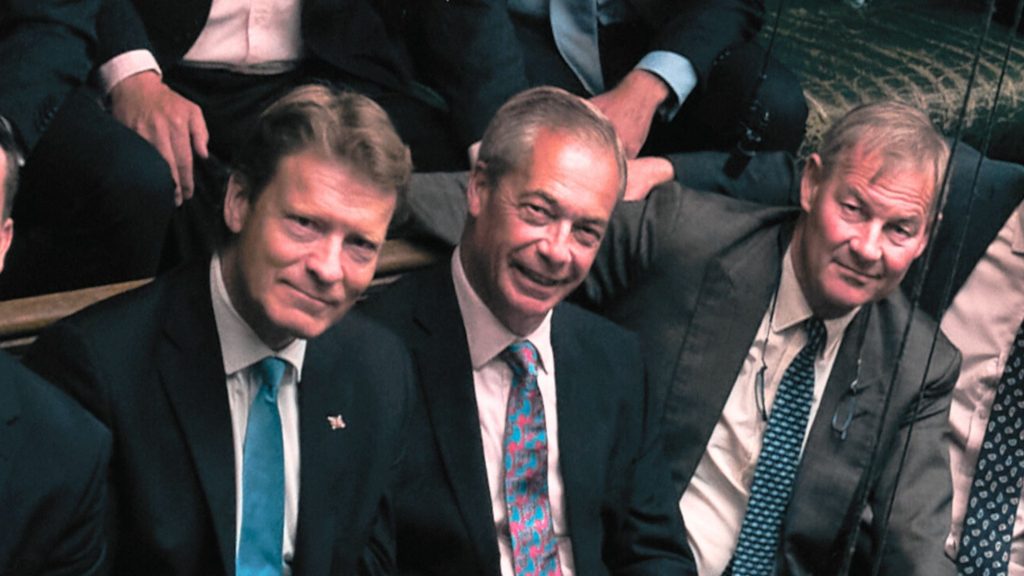On the eve of its founding conference in Liverpool, crisis‑hit Your Party has quietly shelved plans for a co‑leadership model, underscoring the depth of the rift between its two most recognisable figures, Jeremy Corbyn and Zarah Sultana, and raising questions about whether the fledgling movement can stabilise long enough to become a serious force on the left.
When members gather this weekend, they will be asked to choose how the party is led for its first phase. But the ballot will now offer only two options: a single leader, elected by the end of February for a temporary term of roughly 21 months, or a form of collective leadership in which the chair and deputy chair of the Central Executive Committee – both ordinary members rather than MPs – speak for the party over the same period. The co‑leadership structure long championed by Sultana will not be on the table.
Party officials insist the idea has been paused rather than killed off. A member‑led review is promised once the organisation is more settled, potentially revisiting questions of co‑leaders, deputy leaders and the balance of power between Westminster politicians and party members in England, Scotland and Wales. For now, however, those close to the process accept that the decision marks a clear victory for those around Corbyn who favour a more conventional, leader‑centred model, and a setback for Sultana’s push for “maximum member democracy”.
A spokesperson said the new party intended to be “relentlessly accountable” to members and the communities it aims to represent, presenting itself as an alternative to what it calls a “broken Westminster model”. Behind the slogans, though, the final shape of that alternative has become entangled in a bitter personal and organisational struggle between its two figureheads.
Your Party was launched this year by Corbyn and Sultana after they left Labour, promising a mass‑membership vehicle to Labour’s left, committed to wealth redistribution, public ownership, opposition to NHS privatisation and a more confrontational stance on issues such as arms sales and the war in Gaza. Registered with the Electoral Commission at the end of September, it claims around 50,000 members and draws parliamentary support primarily from a loose grouping of Independent Alliance MPs.
From the outset, insiders say, the plan was that Corbyn would front the project initially before handing over to Sultana. Instead, tensions emerged within weeks. In July Sultana announced the new party on social media before a joint strategy had been finalised, catching some colleagues off guard. Over the summer, those involved in the steering group describe periods when the two were barely on speaking terms, as disagreements over governance, communications and political positioning widened into a broader breakdown of trust. Sultana has accused colleagues of operating a “sexist boys’ club” and says she was excluded from key decisions, a claim the party’s official channels have rejected.
The conflict burst fully into the open on 18 September, when an email from Sultana’s team invited supporters to join as members and donate via a website separate from Your Party’s main domain. More than 22,000 people are understood to have signed up, raising in the region of £500,000. Within hours, Corbyn and several allied MPs issued a public warning that the email was “unauthorised” and urged those who had set up direct debits to cancel them, saying legal advice was being sought. Corbyn later cautioned supporters not to sign up via certain invitations, deepening the sense of chaos at the heart of the new organisation.
Behind that row lay an even more fraught dispute over who controls the money and data generated by the new movement. Early donations had been channelled through a company, MOU Operations Ltd, created to hold funds while formal party structures were still being designed. By autumn, around £800,000 had been raised through initial appeals, and when the contested membership drive is added, the total pot linked to the project is now estimated at roughly £1.3m. After a series of clashes over refunds and liability for transaction costs, independent directors of MOU resigned and Sultana became its sole director.
Party officials have argued that the bulk of those funds – reported to be in the region of £800,000 to £850,000 – should be transferred into the official party entity, and at one stage were said to be preparing legal action. Sultana has offered to move £600,000 in stages, with an initial £200,000 already transferred and the remainder held to cover costs, liabilities and potential refunds to donors; that compromise has so far been rejected. The standoff has left many early supporters uncertain where their money sits and who, effectively, runs the show.
The turmoil has taken a toll on the tight circle of MPs originally assembled to steward the project. Of the six founder MPs – Corbyn, Sultana, Adnan Hussain, Iqbal Mohamed, Shockat Adam and Ayoub Khan – two have now stepped away. Hussain has withdrawn from the steering process, citing “persistent infighting, factional competition, and a struggle for power, position and influence” where there should have been focus on the common good. He has also warned about what he describes as “veiled prejudice” towards Muslim men in internal debates. Mohamed has gone further, quitting Your Party altogether and complaining of “false allegations and smears”, while suggesting Sultana effectively left the founding group when she launched the disputed membership portal.
Those fault‑lines overlap with deeper strategic disagreements. Figures close to Corbyn emphasise the role of elected MPs in anchoring the new party and have warned against what they see as “ultra‑left” factions or small organisations attempting to capture it. Activists aligned with Sultana, by contrast, argue the party must be “led by members, not MPs”, have resisted bans on dual membership with certain far‑left groups, and have called for an internal audit of spending, warning against “jobs for mates”.
This weekend’s conference at Liverpool’s ACC centre, billed as a founding moment, is designed to draw together thousands of members in person and online to approve a name, a constitution and key political positions, including whether the party should explicitly describe itself as socialist and how strictly to police links with other organisations. Central to that is the vote on leadership structures which, in the absence of a co‑leadership option, could set up a direct contest between Corbyn and Sultana if members opt for a single leader early next year. If the collective model is chosen, formal power would rest, at least temporarily, with grassroots representatives on the executive committee rather than with MPs.
For many on the left disillusioned with Labour and watching the Green Party attempt to occupy similar terrain, the outcome will determine whether Your Party can move beyond its founding psychodrama. With two key MPs already peeled away, a high‑stakes dispute over more than £1m in donations unresolved and its leadership architecture still unsettled, the movement now faces a choice between consolidating around clear structures or becoming another cautionary tale about the difficulty of turning protest into a durable political party.







Comments
No comments yet. Be the first to comment!